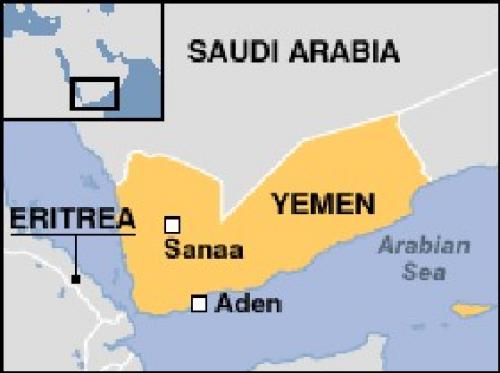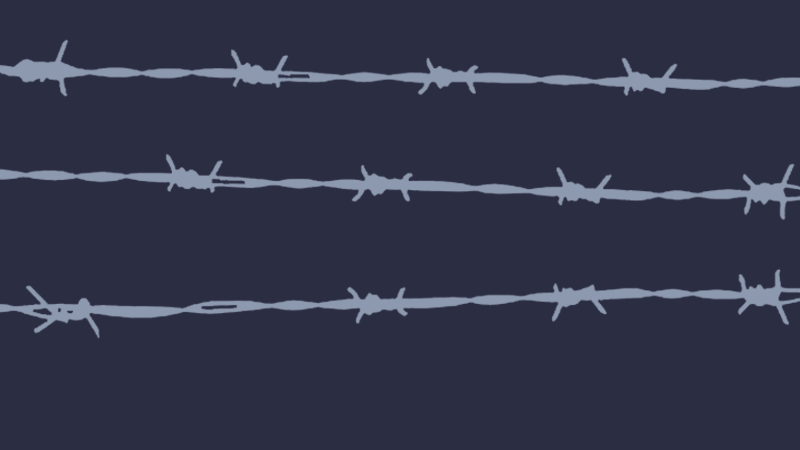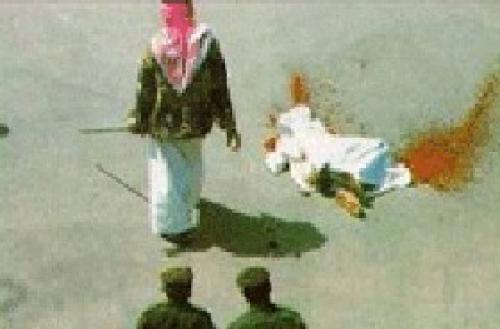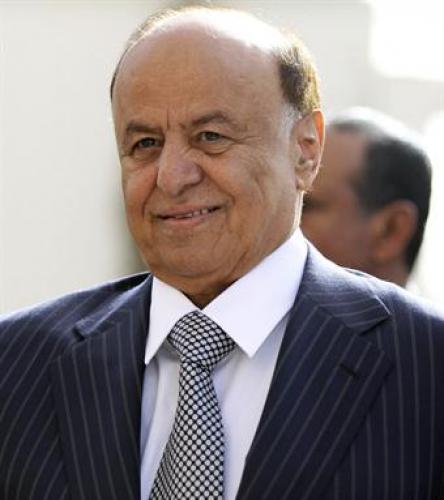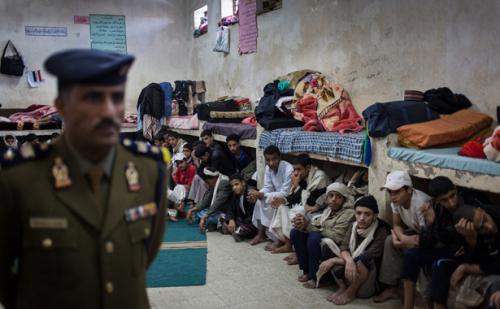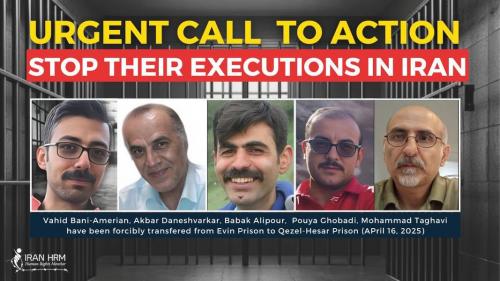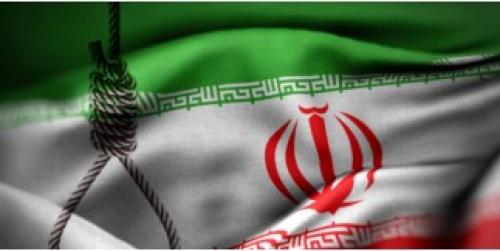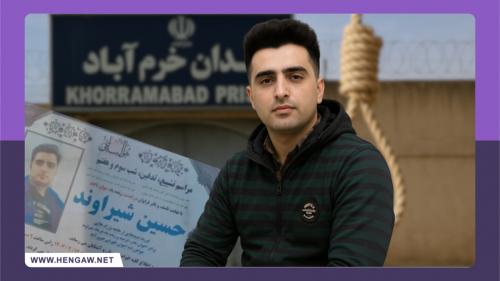government: republic
state of civil and political rights: Not free
constitution: 16 May 1991, amended 29 September 1994 and February 2001
legal system: based on Islamic, Turkish and English law, and on local tribal customs
legislative system: a bicameral legislature consisting of a Shura Council and a House of Representatives
judicial system: Supreme Court
religion: Muslim majority including Shaf'i (Sunni) and Zaydi (Shi'a), small numbers of Jewish, Christian, and Hindu
death row: approximately 1.000
year of last executions: 0-0-0
death sentences: 3
executions: 13
international treaties on human rights and the death penalty:International Covenant on Civil and Political Rights
Convention on the Rights of the Child
Convention Against Torture and Other Cruel, Inhuman or Degrading Treatment or Punishment
Statute of the International Criminal Court (which excludes the death penalty) (only signed)
situation:
Yemen's legal system is based on both Sharia principles and customary law. The death penalty is provided for a wide range of offences including murder, drug trafficking, rape, sexual offences and speech or action against Islam.
The penal code of 1994 is based on Sharia law and prescribes 100 lashes for sexual relations out of wedlock and 80 for the consumption of alcohol and defamation. Stoning is called for in cases of adultery.
Article 125 of the Code prescribes capital punishment for “anyone who committed an act with the intention of infringing upon the independence of the Republic or its unity or territorial integrity.”
On August 3, 1998, a Presidential Decree stipulated that leaders and associates of gangs involved in kidnapping, banditry, stealing or looting public or private properties by force, face the death penalty. The law followed the kidnappings of more than 100 foreigners since 1992. The victims were mostly tourists and were by kidnapped by disgruntled tribesmen trying to press the government for better infrastructure in remote areas of the country or the release of imprisoned tribe members. Most hostages were released unharmed, but in 1998 four Westerners were killed when Yemeni security forces stormed a hideout where kidnappers were holding 16 hostages. Yemen has set up special courts to try kidnappers.
According to lawyer Ahmad Al-Wadei, cases of execution that contravene Islamic Sharia law number up to 315; these executions were committed under just four separate Yemeni laws: 120 of those execution cases are contained in the Penal Law of 1994, as many as 166 cases in the Military Penal Law, 33 cases in the Anti-Drug Law, and 90 cases in the Anti-Kidnapping and Highway Robbery Law. Article 128 of the Penal Law prescribes capital punishment for any individual working for a foreign State. The law doesn’t specify what type, form, or kind of work for a foreign State this would include.
Yemen had been one of the few countries to execute minors in the 1990s, including a 13-year-old boy in 1993. However, Yemen is a State party to the Convention on the Rights of the Child (since 1991) and the International Covenant on Civil and Political Rights (since 1987), both of which expressly prohibit the execution of those convicted of crimes committed when they were under 18.
The application of the death penalty on juvenile offenders is also expressly prohibited in Article 31 of Yemen’s Penal Code but courts continue to sentence alleged juvenile offenders to death, despite uncertainty about their major or minor age at the time of the alleged crime.
On 3 December 2012, a girl named as Hind Al-Barti was executed in Sanaa, UN Committee on the Rights of the Child said on 12 December. The UN Committee said although it was not aware of the nature of the crime committed, information gathered indicates that Hind Al-Barti was about 15 years old at the time of the offense. The Committee said at least 15 juveniles were executed since 2006.
Chairman of the Committee Jean Zermatten said the executions were a serious infringement of the commitment undertaken in 2005 and 2009 by the Government of Yemen to abolish the death penalty, torture, and other inhuman or degrading treatment or punishment to offenders below the age of 18. "What is important for us is the moment of the commission of the offense, not the moment of the judgment. We have information that 14 children have been executed between 2006 and 2010. Yemen came before the committee in 2005 and we made recommendation to Yemen to stop the execution and to ban death penalty. I don’t know why they continue to execute children because they were also before the Human Rights Council where they assured to observe and respect the obligations under the convention." The committee said it had information that 21 juvenile offenders, all under 18 years at the time of the commission of the offenses, had been condemned to death.
All Yemeni death sentences must be ratified by the President.
Executions are usually carried out in public by making the convicted person lie face down on the ground and shooting them with an automatic rifle.
In 2011, Yemen witnessed months of political turmoil since a huge wave of protests erupted in January forcing long-time President Ali Abdullah Saleh from power in early 2012.
On 21 February 2012, the overwhelming majority of Yemenis voted for Abdu Rabu Mansour Hadi as a new president ending the 33-year long reign of the President Ali Abdullah Saleh. Hadi, the only candidate in the elections, was highly supported by the international community, and won with 65 percent of the 10 million registered voters. He is expected to lead Yemen during a two-year interim period.
Weakened by months of protests against outgoing President Ali Abdullah Saleh, Yemen's government has lost control of whole chunks of the country, giving Islamist militants room to tighten their grip in the southern provinces of Yemen. Militants known as Ansar al-Sharia (the Partisans of Sharia), linked to Al-Qaeda in the Arabian Peninsula (AQAP), have taken control of several towns in the province of Abyan, including the province’s capital Zinjibar. In a crackdown backed by U.S. drone strikes, the Yemeni army in 2012 drove AQAP out of several southern towns they had held for more than a year. But militants have struck back with assassinations and suicide attacks on security officials, and also executions of people accused of being “enemies of Allah.”
In 2012, more than 29 executions have been reported, though this count is likely to be incomplete.
In 2011, at least 41 people were executed and at least 29 were sentenced to death, according to Amnesty International.
In 2010 Yemen executed 62 people, in 2009 at least 30 persons, while at least 13 people were executed in 2008.
One thousand of prisoners are believed to be on death row, including more than 70 people held at Taiz Central Prison alone.
On December 20, 2012, Yemen voted against the Resolution on a Moratorium on the Use of the Death Penalty at the UN General Assembly.


